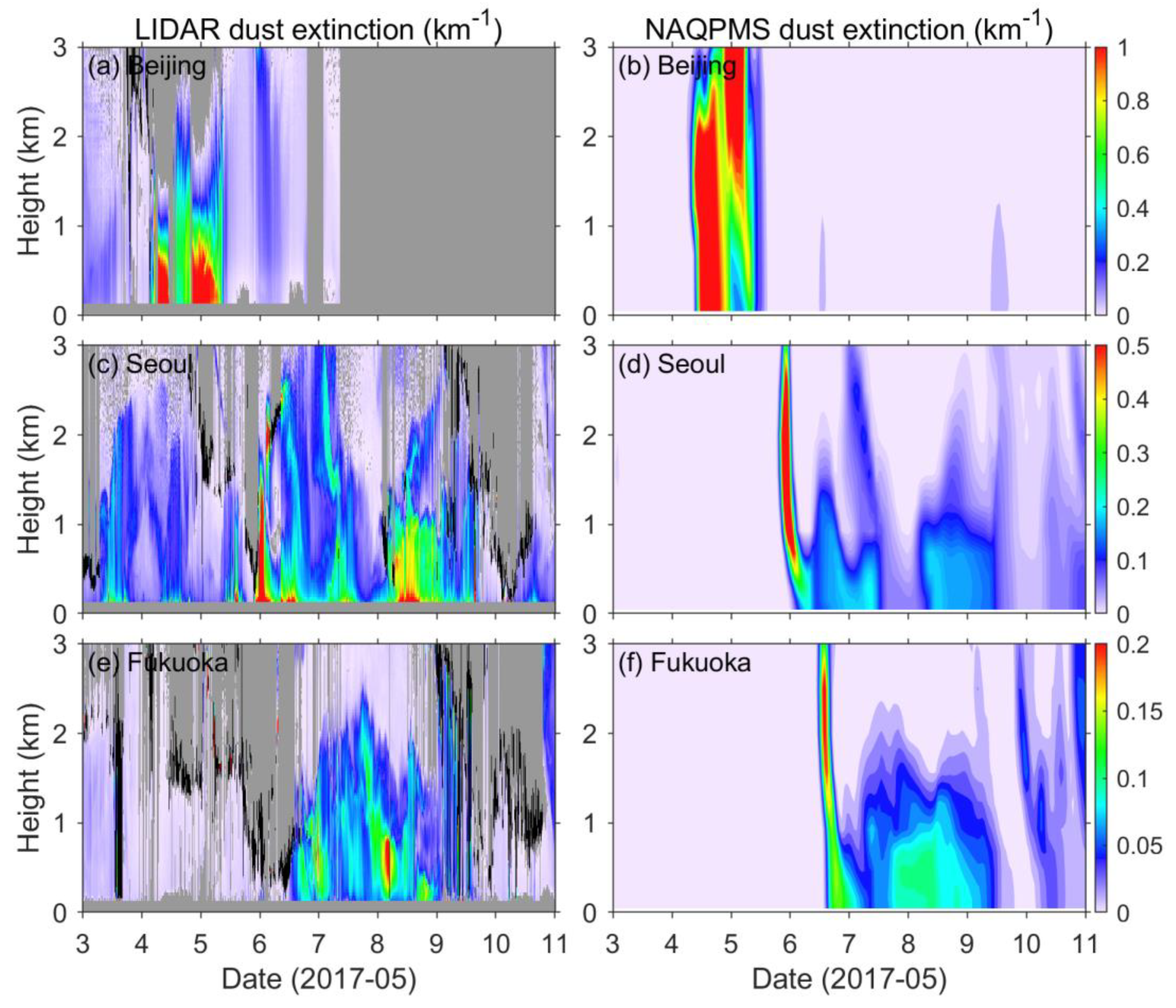

VKA was discontinued and replaced by enoxaparin 6000 UI twice a day.



Supplemental oxygen was needed – 3 L/min nasal cannula – and therapy with Methylprednisolone 60 mg/die, Ceftriaxone and Clarithromycin was started. Medical history was remarkable for hypothyroidism, dyslipidemia and atrial fibrillation in treatment with Vitamin-K antagonist (VKA). An RT-PCR nasopharyngeal swab resulted positive for SARS-CoV2 infection and chest CT showed multifocal pneumonia. Herein, we present the case of a patient affected by COVID-19-related pneumonia who developed bilateral occipital lobe haemorrhages suggestive of haemorrhagic PRES.Ī 74-year-old woman was admitted to the emergency department because of dyspnea, cough and fever. The occurrence of focal neurological deficits during SARS-CoV-2 infection suggests acute stroke but if other symptoms like headache, cortical blindness, seizure and altered mental status are present, Posterior Reversible Encephalopathy Syndrome (PRES) should be also considered in the differential diagnosis. Spontaneous intracranial haemorrhage accounts for about 20% of all COVID-19 strokes and is often associated with severe pneumonia. Since patients affected by SARS-CoV-2 infection present coagulation and immune system dysregulation, stroke is not uncommon, regarding 0.9–2.7% of all COVID-19 cases, irrespective of respiratory distress. While it is still debated if neurological sequelae are due to direct infection of SARS-CoV-2 on the central nervous system (CNS) or if neurological involvement is mediated by activation of the immune system, cerebrovascular events are well-known complications of Coronavirus disease (COVID-19). Guillain-Barrè syndrome), encephalitis or encephalomyelitis, seizures, and status epilepticus. These include a wide spectrum of diseases such as encephalopathy, stroke, acute neuropathies (e.g. SARS-CoV-2 infection has been associated with various neurological manifestations.


 0 kommentar(er)
0 kommentar(er)
